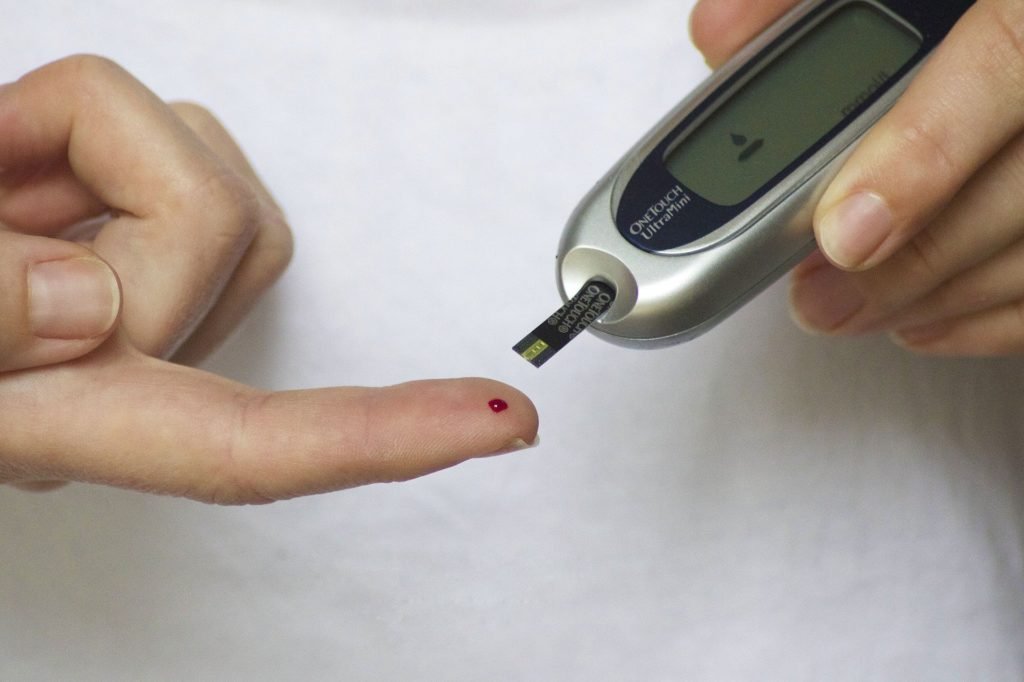Hormones are naturally produced in the endocrine glands to serve as your body’s chemical messengers by traveling around your bloodstream, directing your organs and tissues on what to do. They also help control many of your body’s vital processes, such as reproduction and metabolism. Therefore, when you have a hormonal imbalance, it may lead to adverse effects that may affect the normal functioning of your body organs. For instance, if your thyroid gland produces too much thyroid hormone, your body tends to lose a lot of energy quickly, a condition known as hyperthyroidism. Your thyroid gland can also release fewer amounts of thyroid hormone, making you feel tired, unable to withstand cold temperatures, or even gain weight. Read on to learn how this can be easily corrected by Edmond, OK hormone replacement specialist.
What is thyroid and thyroid disease?
The thyroid gland is a tiny, butterfly-shaped organ in the front of your neck and is enclosed by the trachea. It is smaller in the middle with two wings that are wide enough to extend around the side of your throat. The thyroid gland has an essential job within your body as it releases hormones that control certain important functions of your body.
The abnormal production of thyroid hormones is termed as thyroid disease, whereby insufficient thyroid hormone production results in a condition known as hypothyroidism, and excessive thyroid hormone production leads to hyperthyroidism. Fortunately, most of these thyroid effects can be controlled if well diagnosed and treated.
What are the causes of thyroid disease?
The two main types of thyroid disease include; hyperthyroidism and hypothyroidism. Below are some of the common causes of the thyroid disease:
- Iodine deficiency. Iodine plays a vital role in the stimulation of thyroid hormones. Thus, an Iodine deficiency can affect the normal functioning of your body.
- Postpartum thyroiditis. This is a condition that affects around 5% to 9% of women after giving birth. It usually lasts for a short period.
- A non-functioning thyroid gland. If a thyroid gland fails to work as expected from birth. It can make the child develop both mental and physical difficulties in the future if left untreated.
- Hashimoto’s thyroiditis. This is a painless autoimmune condition where the body’s cells work abnormally by attacking and damaging the thyroid gland. Hashimoto’s thyroiditis is usually a genetically transmitted condition.
- Thyroiditis. This is a medical condition where the thyroid gland swells or becomes inflamed. It can lead to the reduction of the number of thyroid hormones.
Treatment
Thyroid disease can be treated and managed in several ways, and each type of treatment recommended is usually dependent on the cause of your thyroid condition. For instance, patients dealing with hypothyroidism have to undergo thyroid hormone replacement for their whole life. This is because complementary medicine or surgical procedures cannot treat insufficient levels of thyroid hormones. For people with hyperthyroidism, treatment solutions include:
· Beta-blockers. These are medications that help control your symptoms.
· Anti-thyroid drugs (propylthiouracil). They help regulate the number of thyroid hormones produced.
· Surgery. This is a more permanent treatment solution where your doctor will surgically remove your thyroid gland.
· Radioactive iodine. This helps control the amount of thyroid hormones produced.
For effective and personally customized treatment solutions for your thyroid problem, consult with Brain Lamkin, DO, a specialist in thyroid hormone balancing at The Lamkin Clinic located in Edmond, Oklahoma. For more information about thyroid hormone balancing procedures, schedule an appointment online or call us today at 405-285-4762.


